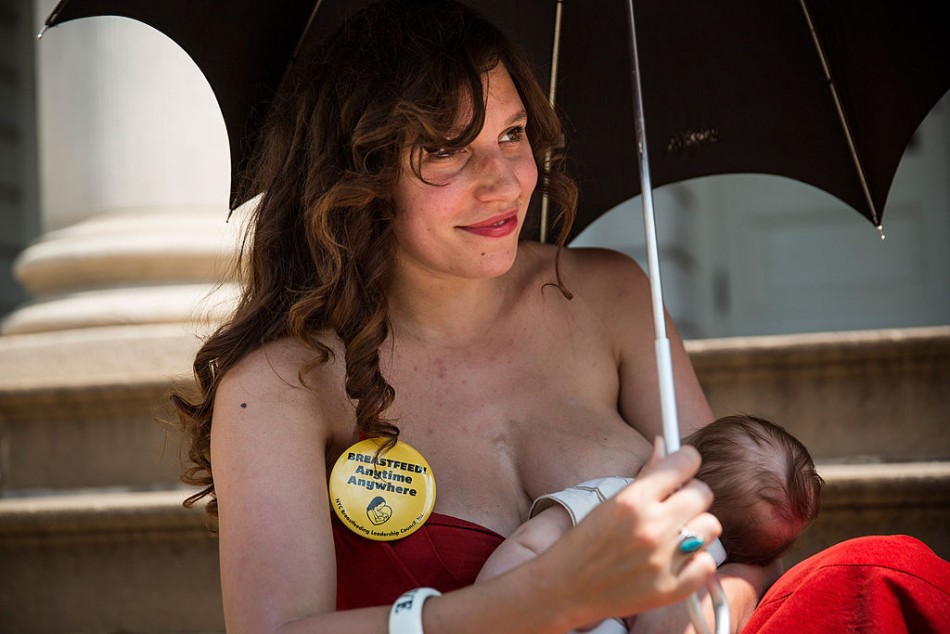Milk Banks in Short Supply of Breastmilk in the US as Donations Decrease

Milk banks are experiencing a low supply of breast milk as demand has been surging in hospitals, yet moms donating their milk stash are returning to work, contributing to its low supply.
Kayla Levering, a mom of twins, is getting her additional milk supply from Mothers' Milk Bank in Austin, Texas, where she lives. The twins, who have spent months in the neonatal intensive care unit (NICU), needed more breastmilk for nourishment. "A Godsend, really," Levering said.
Across North America, mothers having difficulty with milk supply have turned to milk banks for supply support. Donated breast milk provides significant help to medically fragile infants, especially the "too small and too soon and too sick," said Kim Updegrove, executive director of Mothers' Milk Bank at Austin.
According to her, breastmilk prevents necrotizing enterocolitis, an inflammation of the intestines, the leading cause of death of premature babies. It also helps newborn babies overcome prematurity complications to heart and stomach problems.
Babies in the NICU have fewer infections, sepsis, and risks for retinopathy of prematurity, the major cause of blindness in preterm babies, said Denise O'Connor, executive director of the Mid-Atlantic Mothers' Milk Bank.
Read Also: LAPD Officer Caught on Camera Saving Life of Choking Baby
Need for Breast Milk Supply
However, milk banks all over the country note that the number of donors dropped. In Austin, for instance, donors dropped by 30 percent, and the quantity of milk donated decreased to 20 percent in 2021.
After a year of tremendous expansion of milk donor and volume donations, milk banks are experiencing a decrease in milk donors.
Early in the pandemic, most people had to stay at home, and mothers had the time and space to express their milk. This contributed to an "almost unprecedented" level of donation in milk banks, Lindsay Groff, the Executive Director for the Human Milk Banking Association of North America (HMBANA), said.
She added that the supply has decreased as people go back to work. Many workplaces are also unequipped in dealing with the needs of a breastfeeding mom. Many nursing parents had to steal a few minutes to pump milk in the supply closet.
Some employees do not understand how lactation happens and the need to express breast milk throughout the day. Other mothers also have difficulty separating from their infants.
Increased demand for donor milk
According to studies, contracting COVID-19 during pregnancy and when the mother has not been vaccinated increases the chances of having a premature baby. Premature babies benefit from breastmilk the most. Moms who also become very sick with COVID-19 are often unable to feed their babies or pump milk for them.
When premature babies are in the NICU, parents cannot spend much time with their babies due to safety precautions, making breastfeeding difficult.
"Giving birth in a pandemic is just one of the most challenging, most isolating experiences. And when you're having trouble breastfeeding your baby, it's really hard to get access to resources that feel safe," said Sara Muncey, parent of a 10-month-old baby.
However, the milk bank directors said it is not the crisis point yet, but it will be if milk shortages continue.
"If you feel compelled to help someone [by donating breast milk] - now is the time. Now, now, we need help now," Groff said.
Related Article: Five-year-old-Girl Gets Rare Disease; Deadly Bacteria Traced to Scented Room Spray
© 2024 ParentHerald.com All rights reserved. Do not reproduce without permission.



